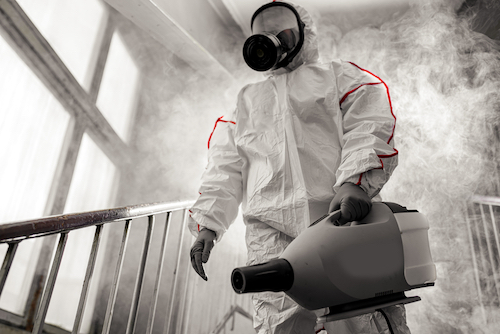Last Updated: September 10, 2024
Did you know that mold can start growing within 24-48 hours after water damage? Whether from a flood, appliance leak, roof leak, burst pipe, or other issue, water damage creates a conducive environment because it thrives in damp and humid conditions. Professional remediation is important to swiftly identify the issue and ensure you stop mold dead in its tracks!
Effects of Mold & Mildew After Water Damage
Structural Damage
Mold and mildew can penetrate and deteriorate building materials such as wood, drywall, and insulation. Over time, this can compromise the structural integrity of the affected areas.
Health Risks
Exposure to mold and mildew can pose health risks, especially for individuals with allergies, respiratory conditions, or weakened immune systems. Common health effects include respiratory issues, nasal congestion, throat irritation, coughing, and skin irritation.
Odor
Mold and mildew growth often produces a musty and unpleasant odor. This odor can be persistent and challenging to eliminate, even after the mold is removed. It may require thorough cleaning, deodorization, and sometimes the replacement of affected materials.
Aesthetic Damage
Mold and mildew can stain surfaces, leading to unsightly discoloration on walls, ceilings, and other affected areas. This can be particularly challenging to remove or repair.
Allergenic Reactions
Mold spores can become airborne and trigger allergic reactions in sensitive individuals. Allergic reactions may include sneezing, itching, watery eyes, and other symptoms similar to hay fever.
Respiratory Issues
Prolonged exposure to mold can contribute to respiratory problems, especially in individuals with asthma or other respiratory conditions. Mold spores can be inhaled, leading to irritation and inflammation in the respiratory system.
Regrowth and Spread
If water damage is not adequately addressed and moisture levels are not controlled, mold and mildew can continue to grow and spread. This can result in a major problem that will only grow worse if the underlying water issue is not resolved.
Decreased Indoor Air Quality
Mold spores can significantly reduce indoor air quality. Poor indoor air quality can have various negative effects on occupants, ranging from discomfort to more severe health issues.
Increased Repair Costs
The longer water damage and mold issues are left unaddressed, the more extensive the damage becomes. This can lead to increased repair and restoration costs.
National Restoration®️ North Carolina: Your Expert Restoration Contractor
At National Restoration North Carolina (NRNC), we know how devastating water damage can be. We swiftly identify the problem and provide advanced remediation solutions to get your property back to pre-loss condition. With over 20 years of experience and a team of accredited experts, we deliver the highest level of service for all your property restoration needs. To mitigate the effects of mold and mildew after water damage, it’s so important to promptly address the issue, have a professional thoroughly dry affected areas, and engage in proper mold remediation procedures. Professional assistance is crucial to ensure a thorough and safe cleanup process. Contact Us Today for 24/7 Emergency Services!
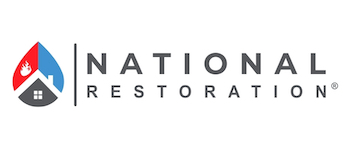
10 Tips to Prevent Mold Growth
- It’s important to get routine roof inspections by a licensed roofing contractor to ensure any issues are identified swiftly. Get any roof repairs completed immediately to prevent leaks that lead to mold growth and further structural damage.
- Be sure to get interior and exterior water leak repairs completed immediately by a professional.
- Have your property and roof regularly pressure washed by a professional.
- To prevent mold growth, keep indoor humidity ideally between 30%-50%. If you live in a humid environment or have a humid room such as a basement, use a dehumidifier to help regulate water in the air. Be sure to clean the dehumidifier regularly.
- Get an interior inspection by a licensed contractor if you see any water spots on your walls. You could have a water leak inside your walls which leads to undetected mold growth.
- Be sure to have leaky pipes underneath your kitchen, bathroom and laundry room sinks repaired by a professional plumber. These areas are all prone to mold growth.
- Use your kitchen exhaust fan to reduce humidity and remove moisture, heat and other contaminants when cooking and washing dishes.
- Run the bathroom exhaust fan and open the window when showering to reduce excess moisture.
- Make sure your dryer vents blow outside to reduce humidity.
- Mold can have a huge impact on indoor air quality. Purchase a top of the line air purification system and monitoring system.
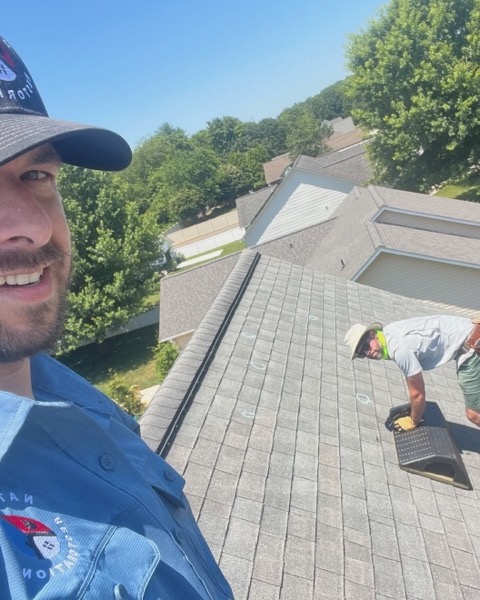
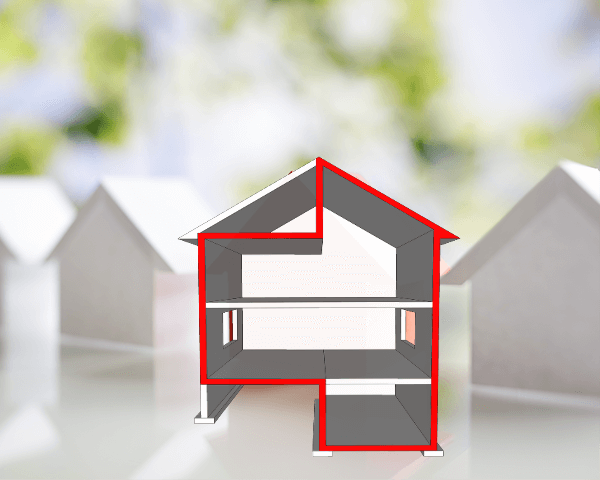
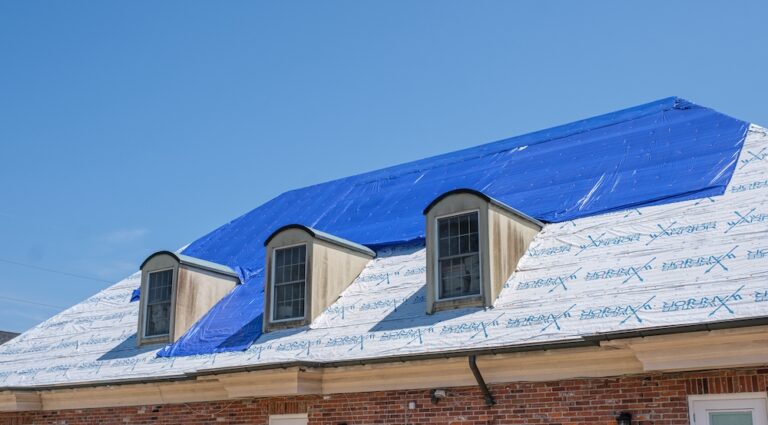
About National Restoration North Carolina
Our expert team provides 24/7 emergency services that you can count on. If you think you may have mold or water damage, we can help! We’re your one-stop shop for restoration, remediation, reconstruction and rebuilds. With advanced education, the latest technology, and industry-leading accreditations, you can rest easy knowing we will swiftly diagnose the problem and mitigate further damage before getting it back to pre-loss condition! Contact Us at 980-290-1913 for 24/7 Emergency Services!
RESOURCES
